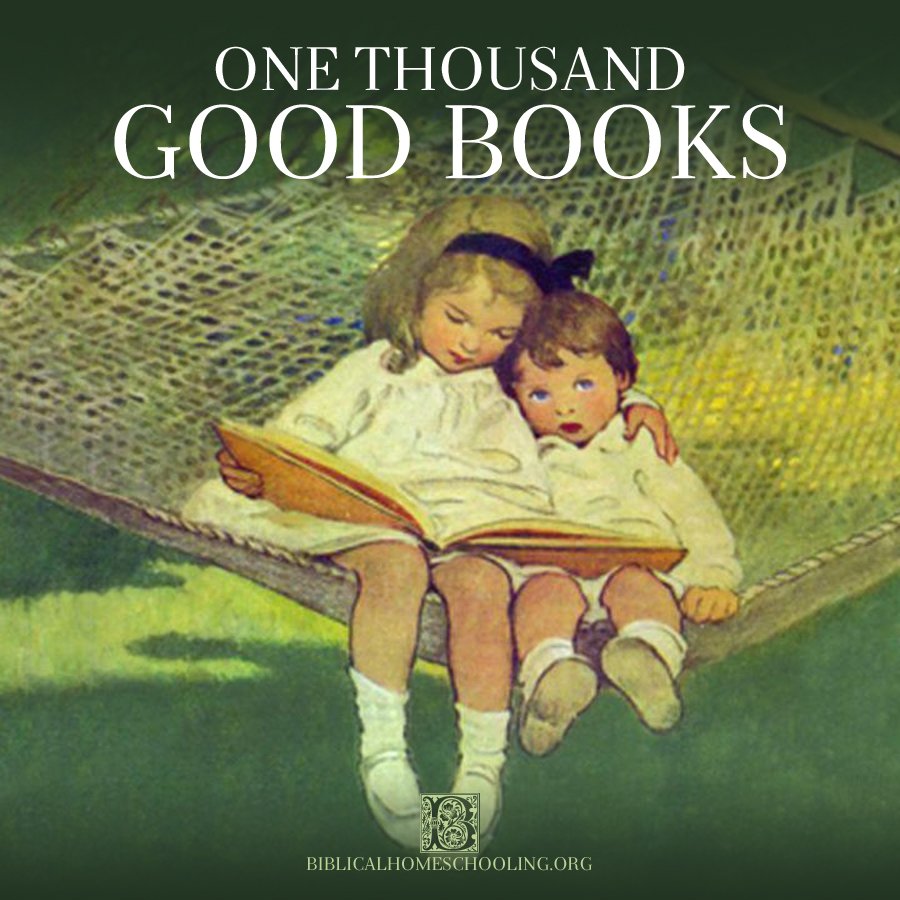The Thousand Good Books
or, what everyone should have read
“Taking all that was best of the Greco- Roman world into itself, Western tradition has given us the thousand good books as a preparation for the great ones–and for all studies in the arts and sciences. Without them, all studies are inhumane. The brutal athlete and the foppish asthete suffer vices opposed to the virtue of Newman’s ‘gentleman.’ Anyone working at college, whether in the pure arts and sciences or the practical ones, will discover he has made a quantum leap when he gets even a small amount of cultural ground under him: he will grow up like an undernourished plant suddenly fertilized and watered.
“Of course the distinction between ‘great’ and ‘good’ is not absolute. ‘Great’ implies a certain magnitude; one might say War and Peace and Les Miserables are great because of their length, or The Critique of Pure Reason because of its difficulty. Great books call for philosophical reflection; good books are popular, appealing especially to the imagination. But obviously some authors are both great and good, and their works may be read more than once from the different points of view–this is true of Shakespeare and Cervantes, for example.
“It is commonly agreed also that both ‘great’ and ‘good’ can be judged only from a certain distance. Contemporary works can be appreciated and enjoyed but not very properly judged … For us today the cutoff point is World War I, before which cars and the electric light had not yet come to dominate our lives and the experience of nature had not been distorted by speed and the destruction of shadows. There is a serious question– with arguments on both sides, surely– as to whether there can be any culture at all in a mechanized society. Whichever side one takes in that dispute, it is certainly true that we cannot understand the point at issue without an imaginative grasp of the world we have lost.
“What follows is not a complete list … but everything on this list is by common consent part of the ordinary cultural matter essential for an English- speaking person to grow in. Remember that the point of view throughout a course of studies such as this is that of the amateur– the ordinary person who loves and enjoys what he loves– not of the expert in critical, historical, or textual technology.”
John Senior
The Death of Christian Culture, pgs. 179-180
The lists that follow are not replicas of John Senior’s list included in in the appendix of The Death of Christian Culture, but are the compilations of a group of 25 classical and Charlotte Mason- inspired homeschooling moms, using John Senior’s wisdom on the whole matter as a guide. Our selection process and criteria is explained in using the list. See also On Good Books.
ONE THOUSAND GOOD BOOKS | USING THE LIST | 1-3 PRIMARY | 4-6 ELEMENTARY | 7-9 JUNIOR | 10-12 SENIOR
THE PRIMACY OF SCRIPTURE | ON GOOD BOOKS | PLUNDERING THE EGYPTIANS | THE GREAT BOOKS

















I’m experiencing difficulty in finding the 1000 book reading list (composed by the homeschool mom’s “who’ve been there, done that”). It appeared an option to select a grade segment (4-6, 7-9) & when I do, there is the same small list on each (historical selections). How do I find the more comprehensive list?
Hello Delle, the list is being transferred to biblicalhomeschooling.org. I will post the link when it is finished, hopefully soon.
I’m hone schooling my Granddaughter, have been since 2020 she is a senior this year , I would like some resources for our home school year in math , English, Science, and government, what books you would recommend for her , I would appreciate it so much, thank you